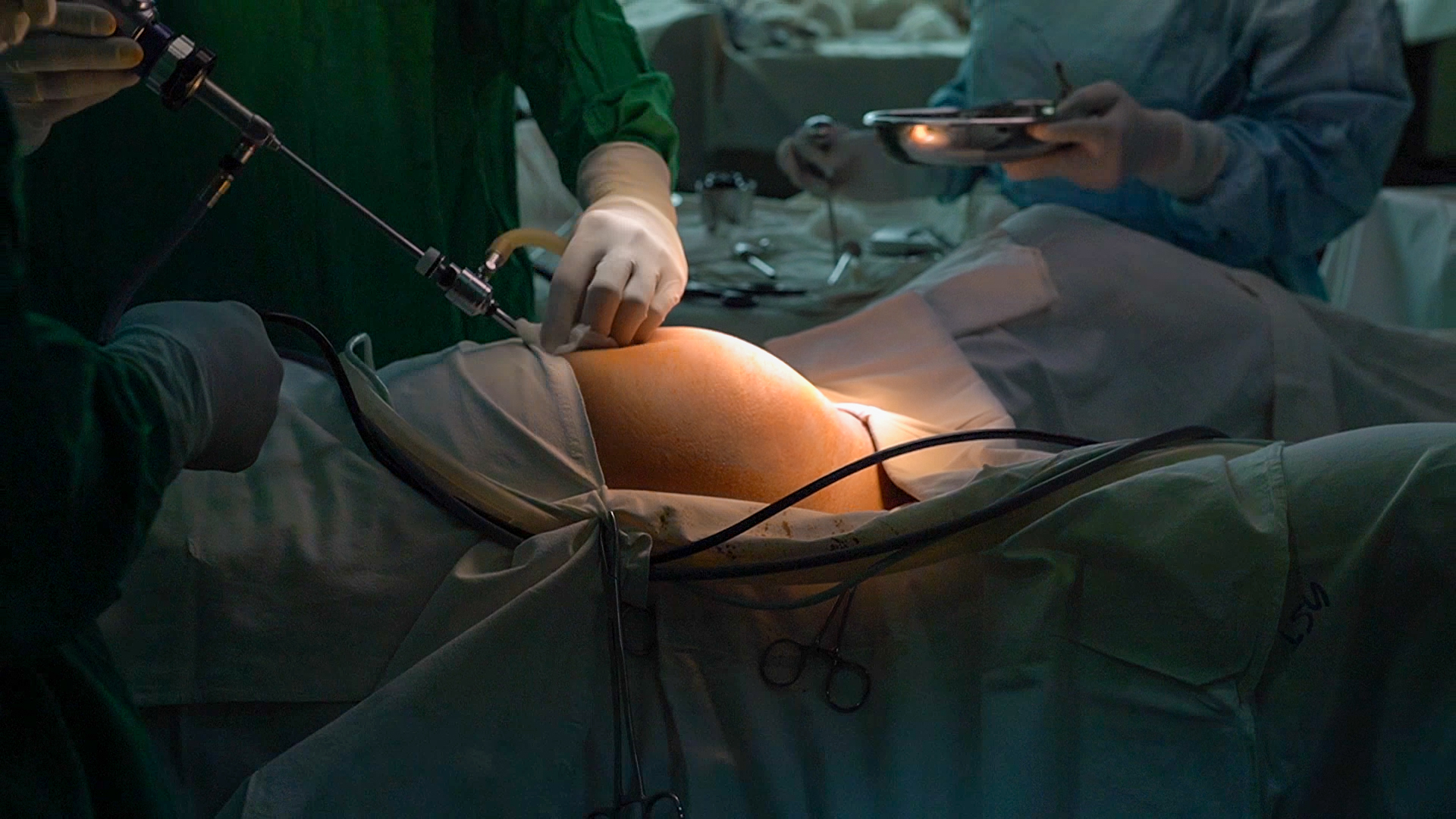Is Endometriosis Hereditary?
Is endometriosis hereditary? This question has been discussed among medical professionals and researchers for many years. While there is no definite answer, endometriosis could have a genetic component. Keep reading to learn more
What is Endometriosis and its symptoms?
Endometriosis is an often painful disorder in which tissue similar to the lining of the uterus, called endometrium, grows outside the uterus. The most common symptoms of Endometriosis are pelvic pain, especially during your menstrual period, painful intercourse, and difficulty getting pregnant.
What Causes Endometriosis?
Endometriosis is a complex disorder, and the exact cause remains unknown. It is thought that several different factors may cause Endometriosis. The most likely explanation is retrograde menstruation, in which menstrual blood containing endometrium tissue flows back through the fallopian tubes and into the abdominal cavity instead of flowing out of the body. It is also believed that surgery, a compromised immune system, and hormonal imbalances may play a role in the development of Endometriosis.
Is Endometriosis Hereditary?
Is Endometriosis hereditary? Research suggests that certain genetic factors may increase an individual’s risk of developing the condition. Studies have shown that women who have family members with Endometriosis are more likely to develop it themselves.
Additionally, some mutations in genes related to hormone production and metabolism have been linked to higher rates of Endometriosis. While genetics is thought to play a role in the development of this disorder, environmental and lifestyle factors also appear to influence its occurrence.
Diagnosis is a multi-step process. Here’s what to expect.
Can I Reduce the Risks?
While genetics may play a role in developing endometriosis, environmental and lifestyle factors also influence its occurrence. Fortunately, there are steps you can take to reduce your risk of developing this condition.
These steps include:
Maintaining a healthy weight
Avoiding smoking and excess alcohol consumption
Exercising regularly
Eating an anti-inflammatory diet with plenty of fruits and vegetables
Reduce stress levels
Take supplements such as omega-3 fatty acids
Following these steps can help minimize your risk of developing Endometriosis and ensure you remain in optimal health.
What Treatments are Available for Endometriosis?
Endometriosis is a difficult disorder to manage, but thankfully there are treatments available to help reduce the pain and improve the quality of life for those who suffer from it.
Fortunately, treatment options are available for those suffering from this condition. Treatment plans will vary depending on an individual’s symptoms and severity of the disorder but may include medications such as hormonal treatments, lifestyle modifications, or surgery to remove endometrial tissue.
If you are concerned that you may be at risk of Endometriosis, speak with your doctor to learn more about the condition and potential treatments.
How Can I Manage My Symptoms?
Living with Endometriosis can be difficult, but there are steps you can take to manage its symptoms.
Several lifestyle changes can reduce the severity of endometriosis-related pain and other symptoms. These include eating a healthy diet, regular exercise, reducing stress levels, avoiding certain foods that may worsen symptoms (such as caffeine and alcohol), using heat therapy for cramps or pelvic pain, keeping track of menstrual cycles, and taking medication as prescribed by your doctor.
Talking to a mental health professional can help you cope with any emotional issues related to living with this condition. Finally, staying informed about advances in treatments for Endometriosis can also be beneficial.
Personalized Care for Women
If you believe that you may have Endometriosis or someone in your family has been diagnosed with it, contact Creekside Center for Women. We can provide personalized support and guide you through this journey.
Our dedicated team of women’s health specialists is here to answer any questions or concerns about endometriosis diagnosis and treatment options. No matter what stage of life, let us help make living with Endometriosis easier!





Leave a Reply